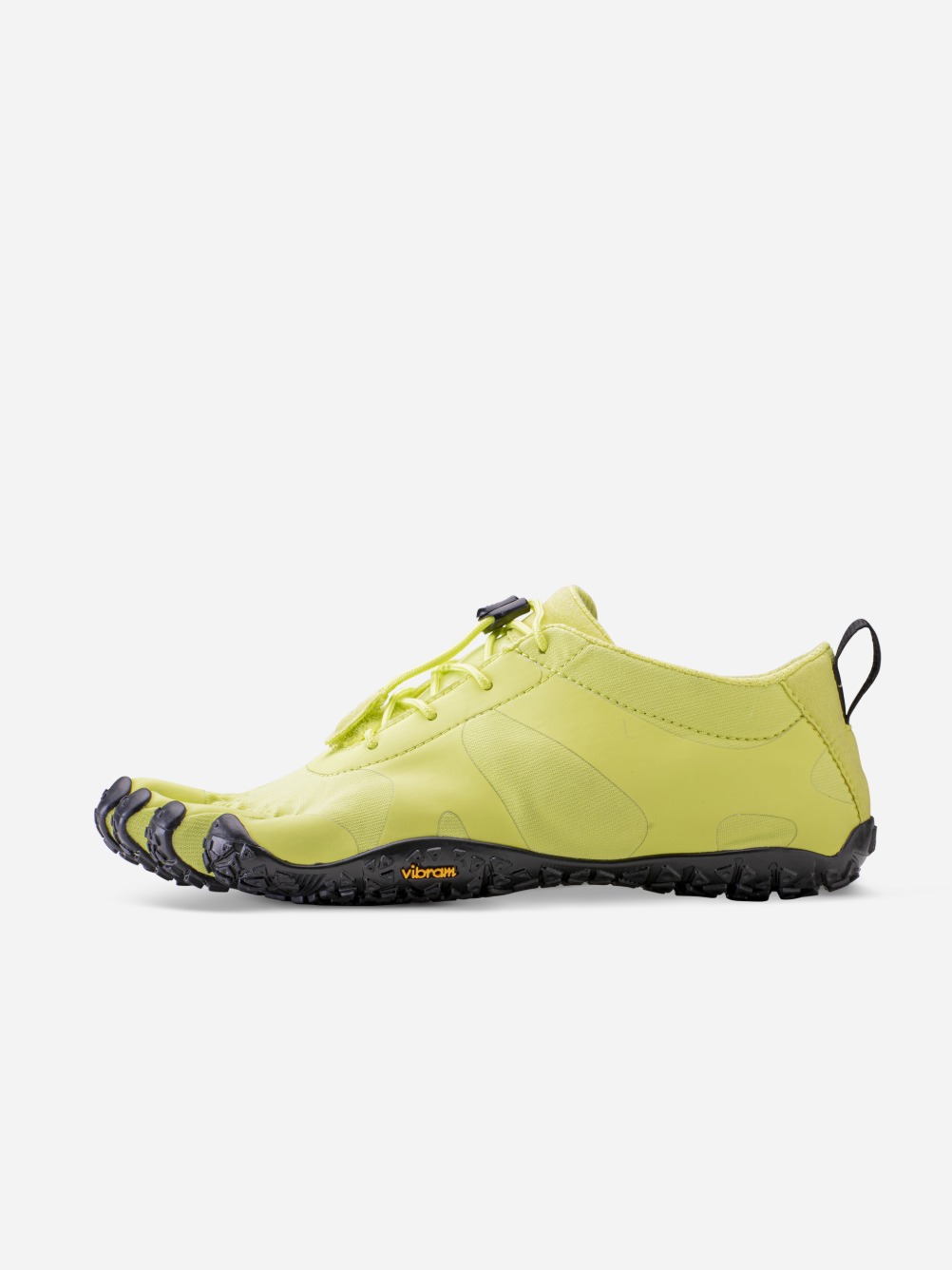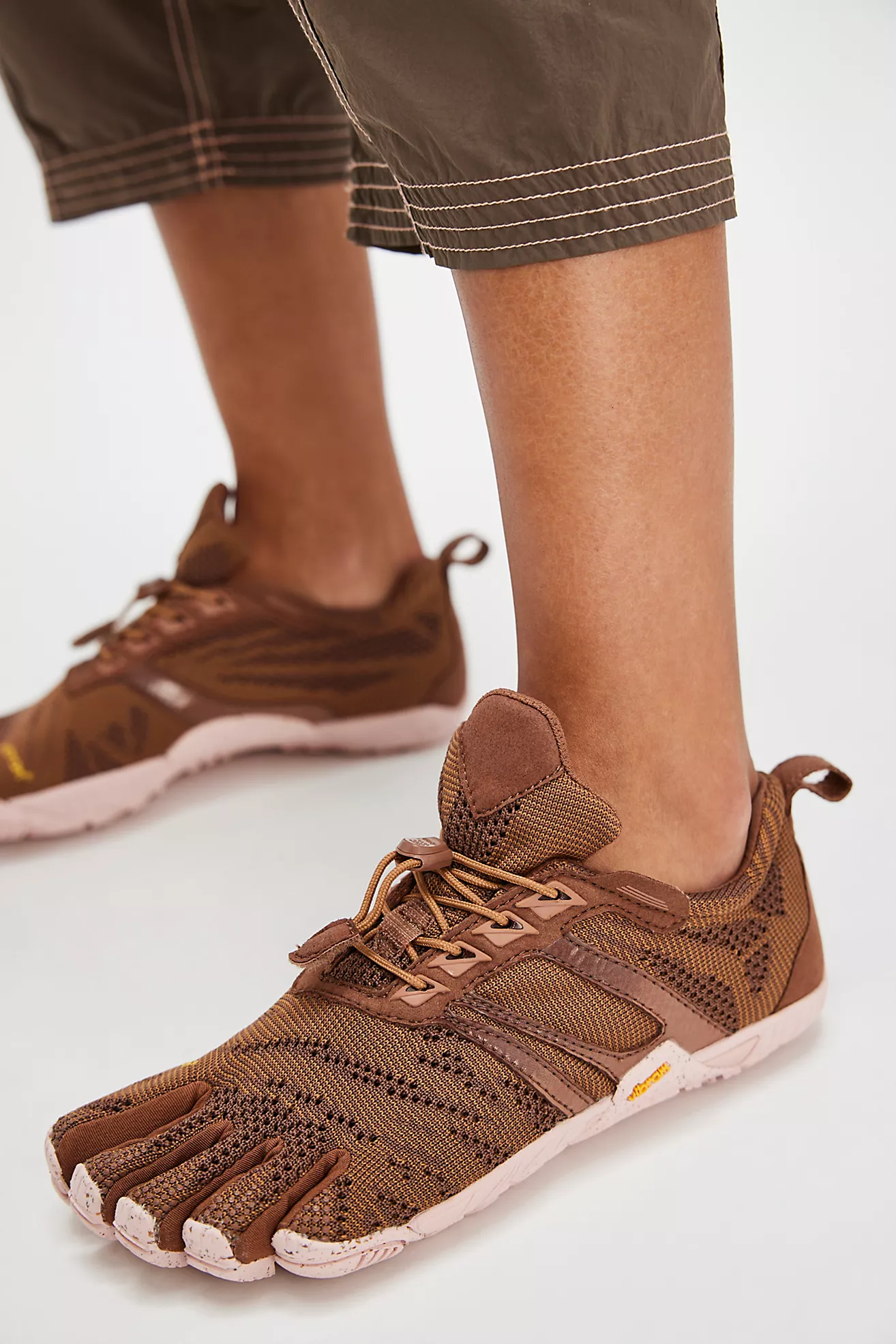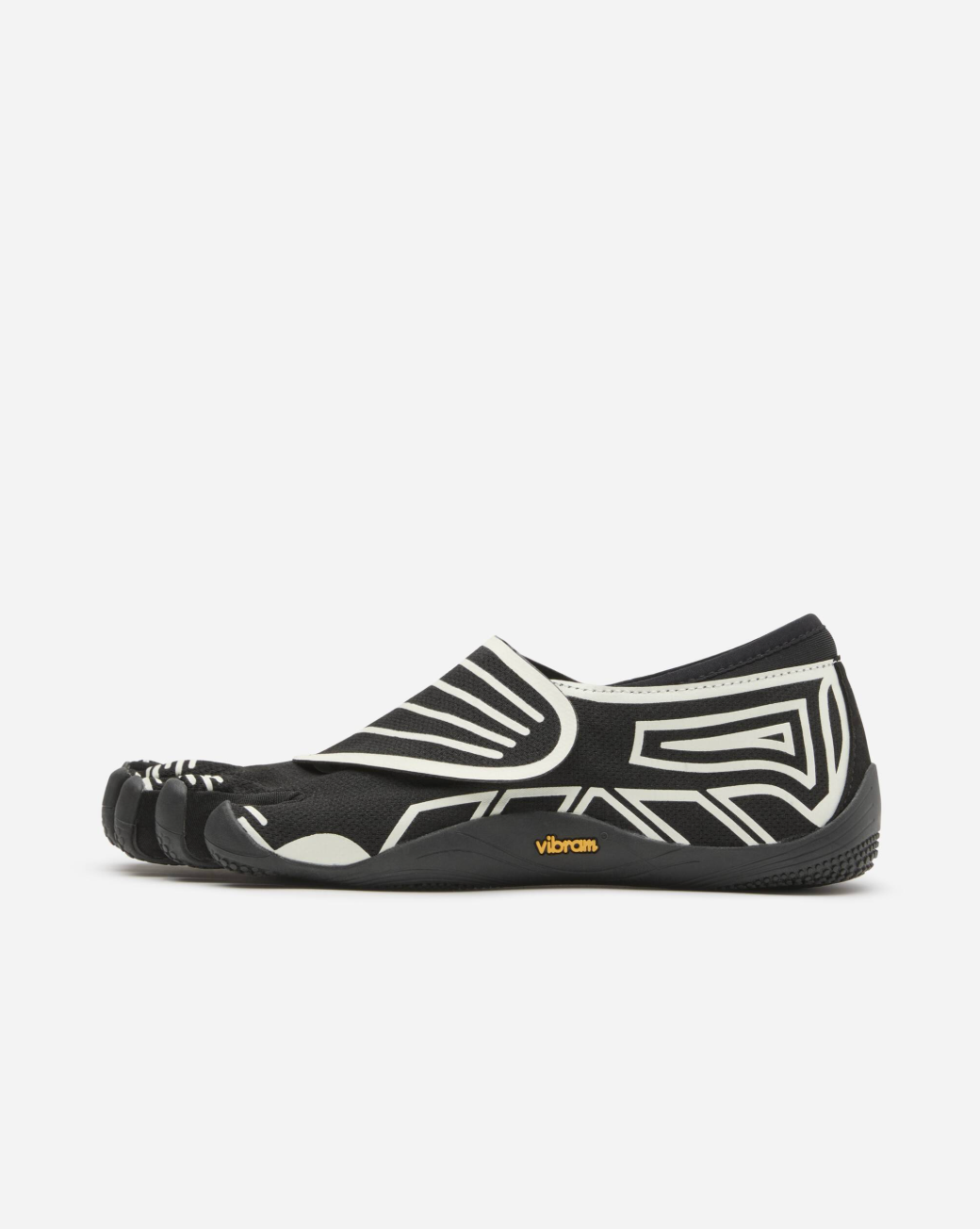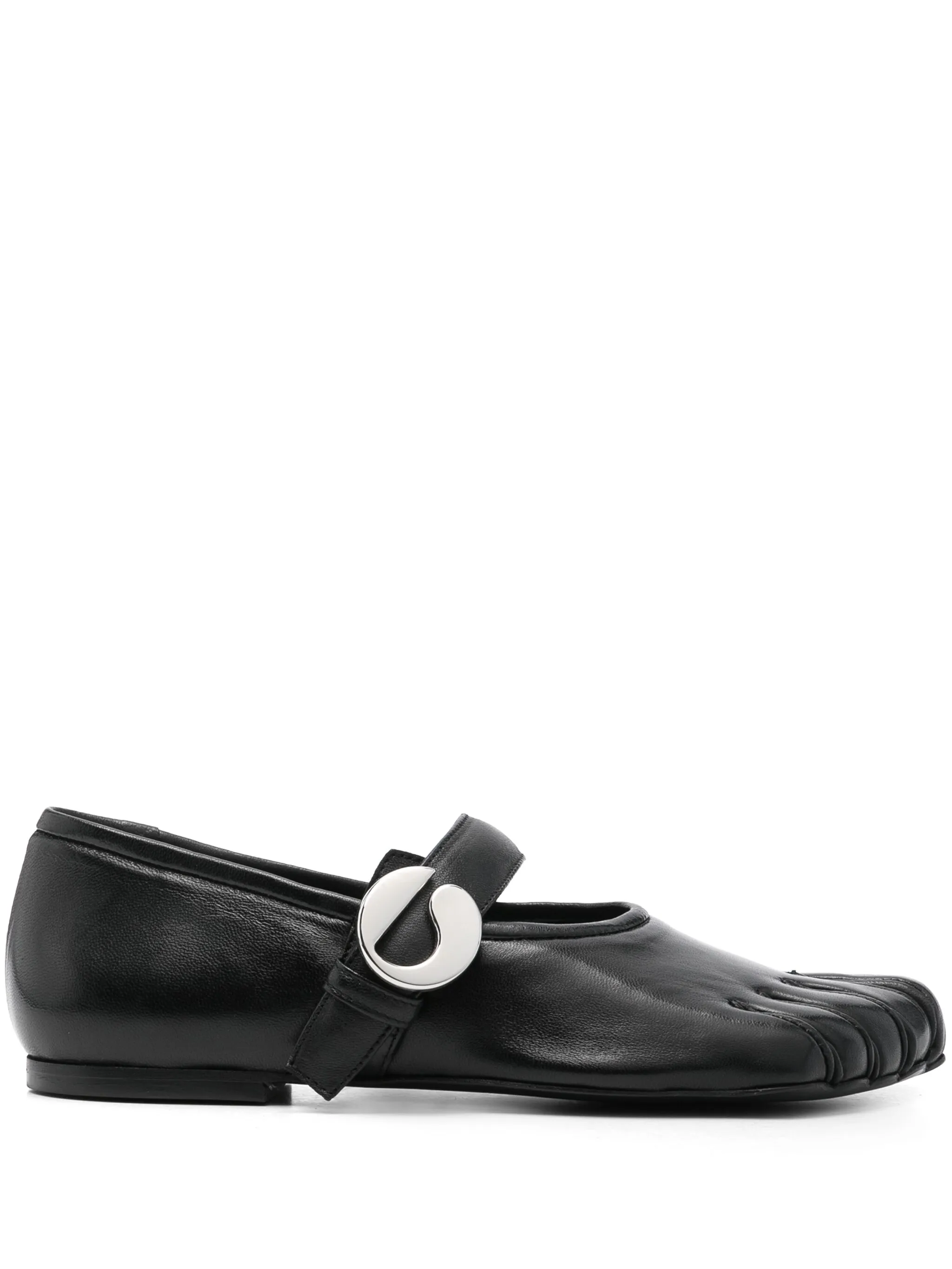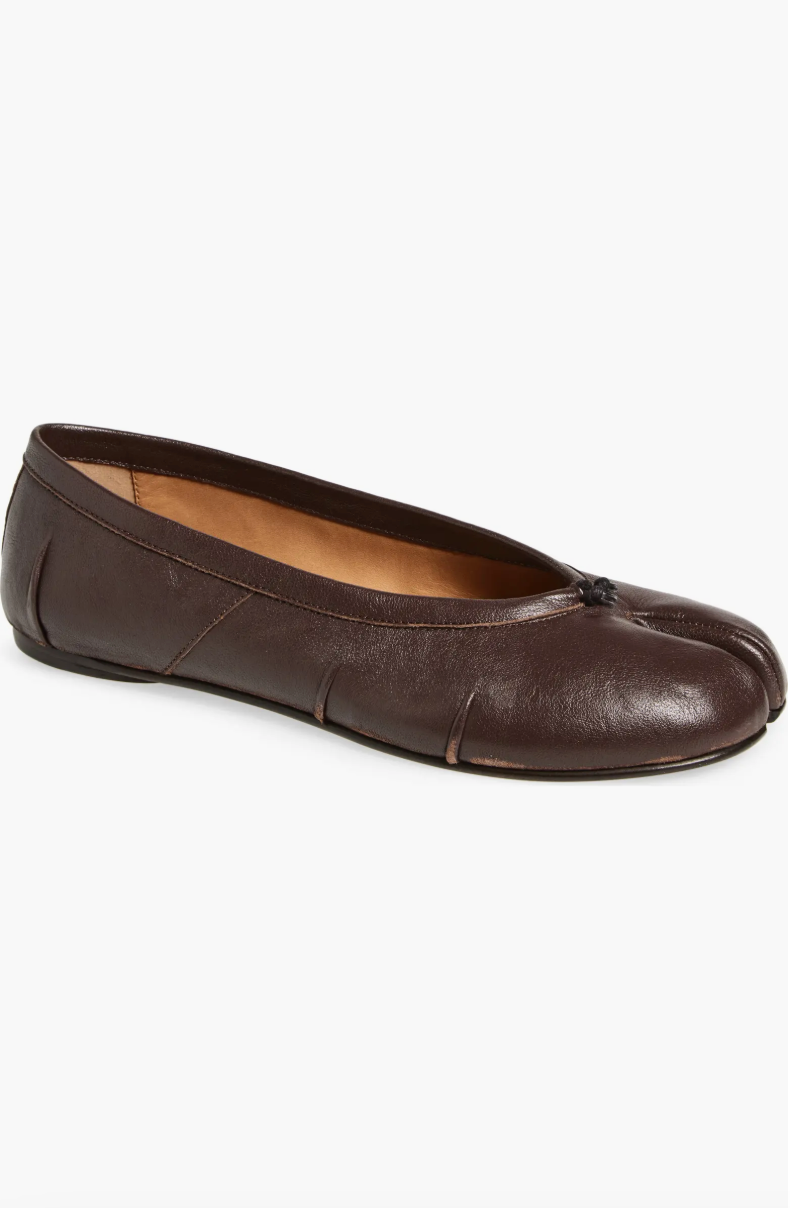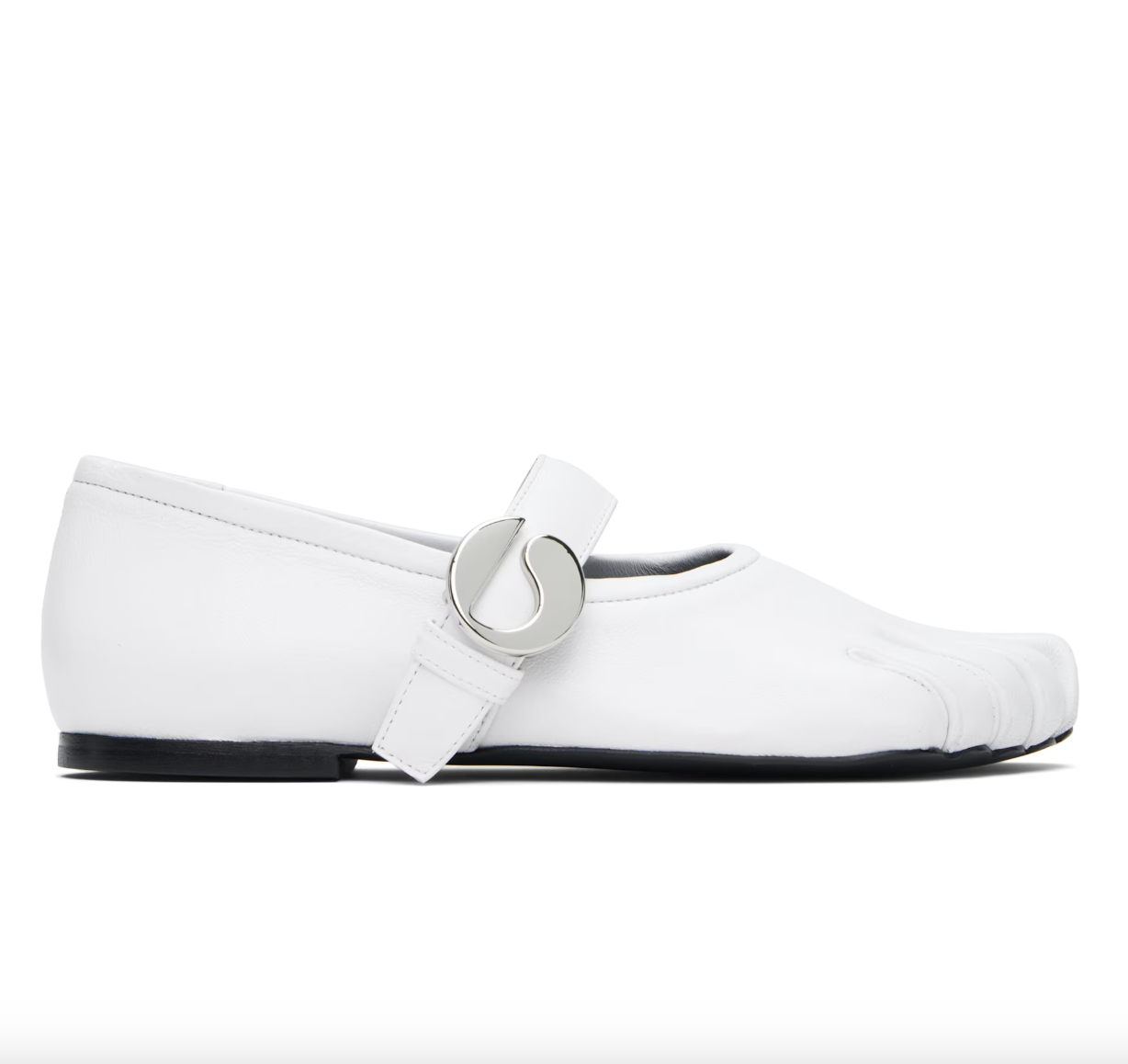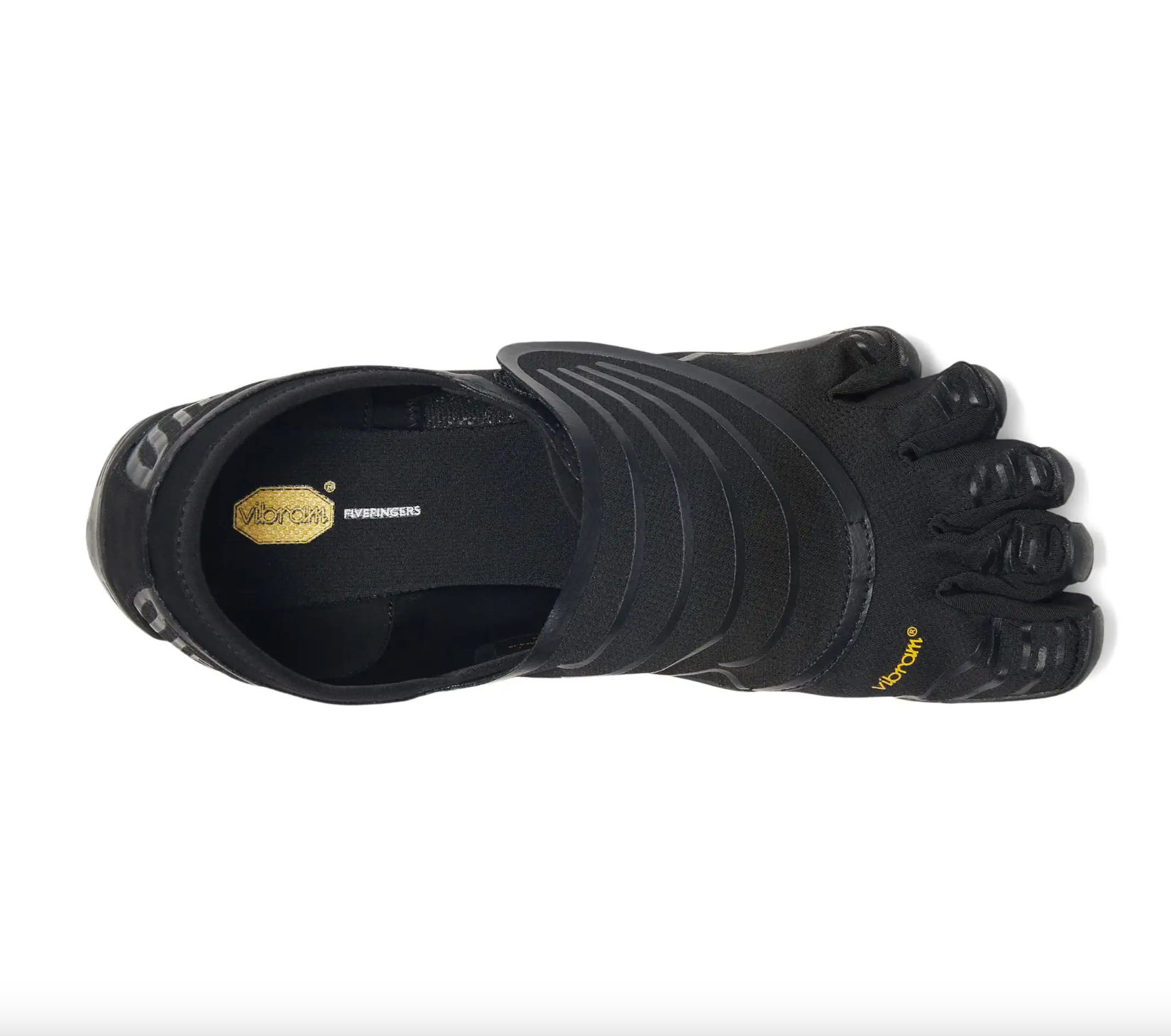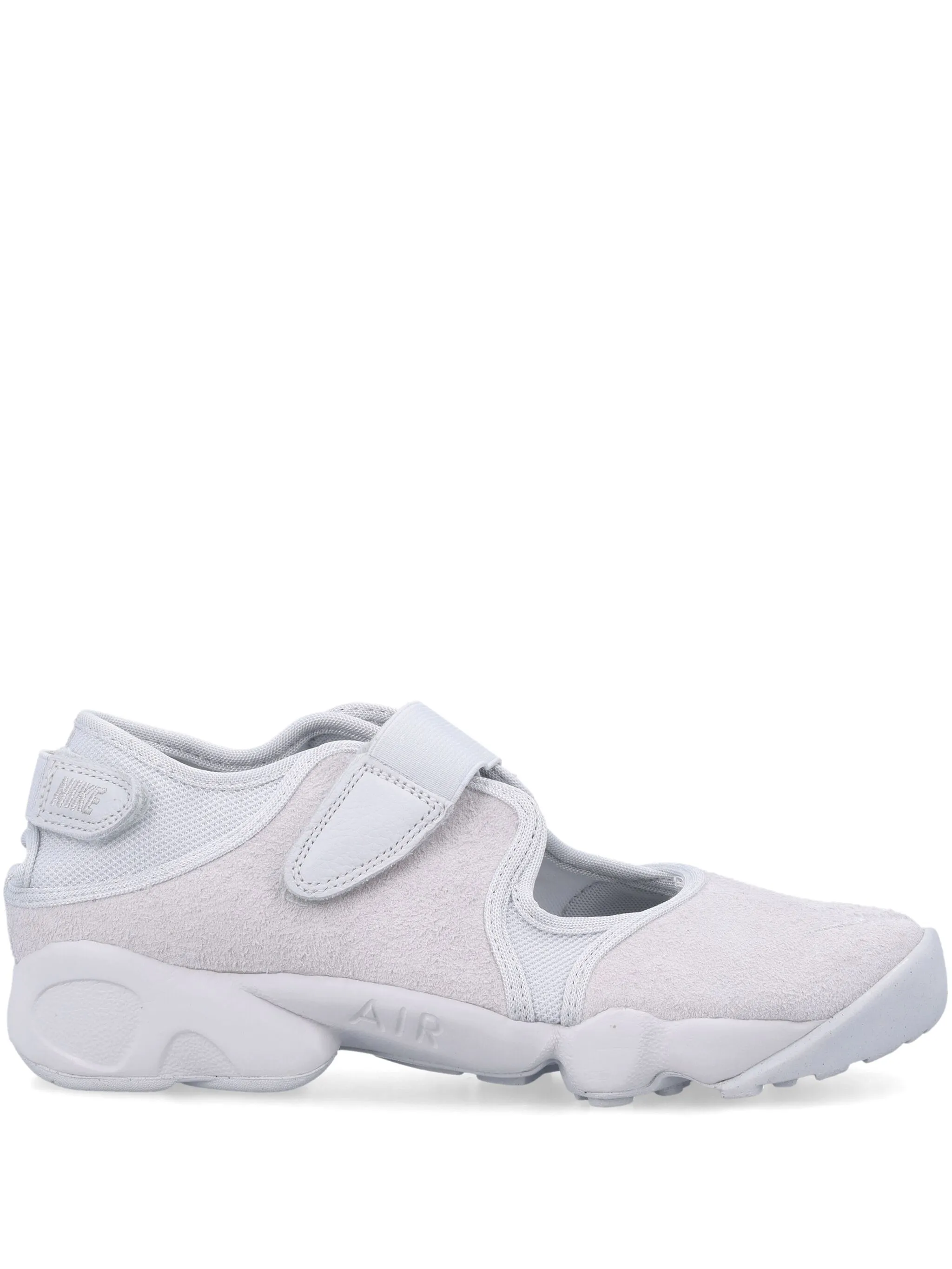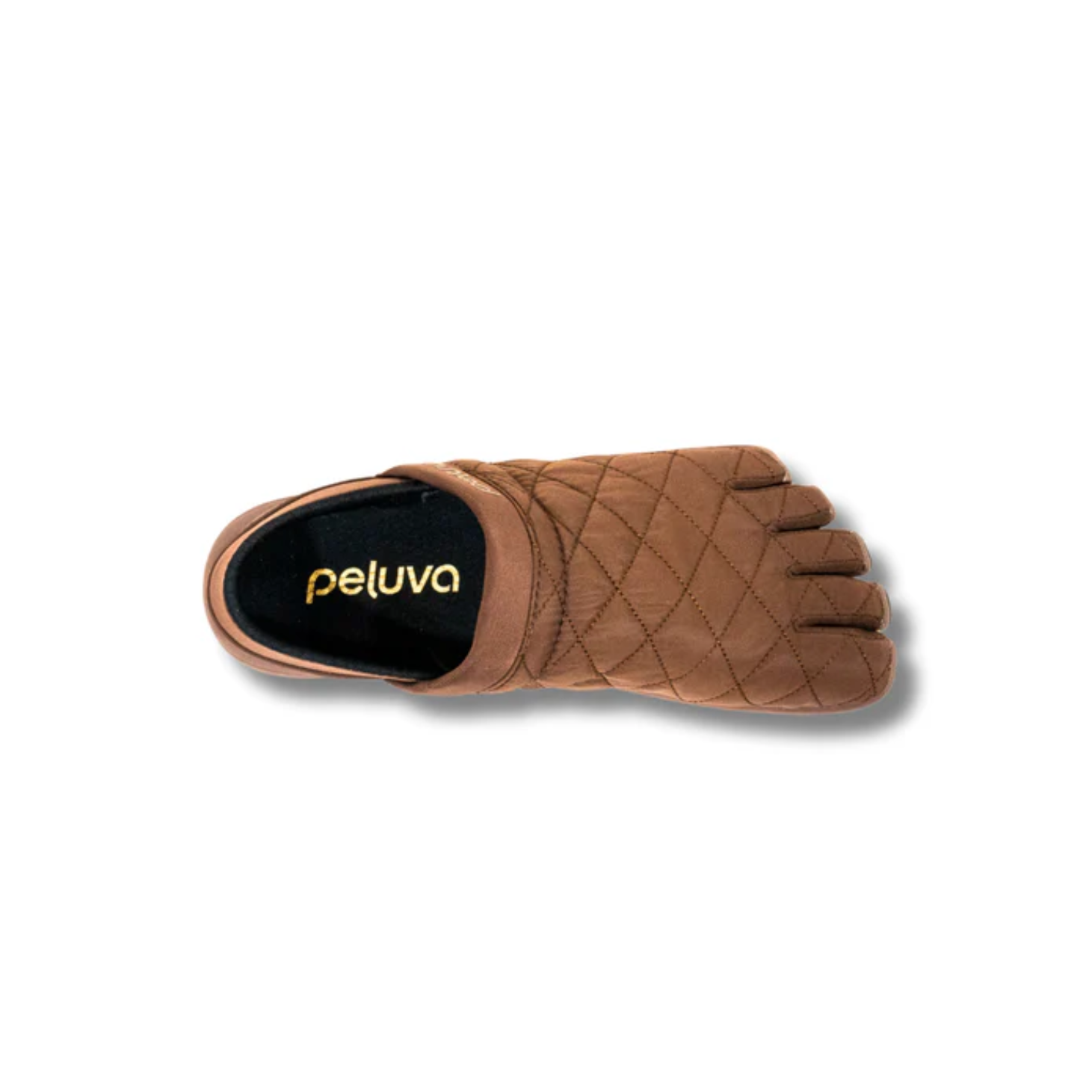Fashion is Under Siege By Vibram’s Freaky FiveFinger Toe Shoes
All linked products are independently selected by our editors. If you purchase any of these products, we may earn a commission.
When Vibram’s infamous FiveFinger shoes first became popular in the early 2000s, you couldn’t have paid me to wear them. I was a Converse-loving, Hot Topic-shopping high schooler who couldn’t have been further from their target market. Today, as a fashion editor living in New York City, I’m even more removed from the brand’s usual demographic. But earlier this week, as I sat researching this story, I found myself contemplating a $870 pair of designer lookalikes. The shoe, as they say, is officially on the other foot.
The polarizing footwear style first hit the marketplace in 2006, featuring a toe-conscious silhouette that claimed to be the next best thing to walking around barefoot. Naturally, the granola community embraced them with open… um, toes? And soon, FiveFingers could be seen on every hiking trail and yoga retreat in the Pacific Northwest. Utilitarian to a fault, these babies were gorpcore before the term even existed.
AdvertisementADVERTISEMENT
Like a sleeper cell, five-toe shoes stayed in their lane, enjoying decades of quiet success until the time was right. In 2020, the flange-forward footwear began making its carefully planned attack on the fashion industry at large, with the launch of Balenciaga’s high-heeled Vibram collab. This collection combined the luxury label’s signature sock boot silhouette with the toe-centric contour Vibram is known for — mechanical-looking heels were the cherry on top of the futuristic designs.
Photo: George Chinsee/Penske Media/Getty Images.
Photo: Lyvans Boolaky/Getty Images.
Although striking in appearance, the collection was overshadowed by an unprecedented global health event, and any hopes that the trend would take off fell flat. A full five years later, however, five-toe shoes have rather successfully infiltrated the sneaker space, piggybacking off the success of Maison Margiela’s iconic Tabis. Labels like Nike and Coperni released their own iterations, drip-feeding consumers with toe-forward shoe styles until the digits of fashion’s elite were under a full-scale siege. Now, interest in Vibram FiveFingers is the highest it’s ever been. According to Lyst, the freaky shoes saw an unprecedented 110% spike in sales between April and June of 2025, securing them a leading role on summer mood boards.
In a world of prescriptive micro trends, increasing conservatism, and renewed body negativity, their appeal is simple: These anti-trend shoes push back against the heteronormative gender roles that are likewise on the upswing — a middle finger (or toe) in the face of traditional femininity. Their surrealist silhouette stands starkly at odds with the palatable day dresses of the trad wife set or the curve-hugging denim of Sydney Sweeney’s eugenics-coded American Eagle ads. And according to fashion psychologist Jennifer Heinen, these conflicting aesthetics are directly linked.
AdvertisementADVERTISEMENT
Photo: Via @toniagost.
“From a fashion psychology standpoint, ‘ugly’ shoes mark a psychological shift away from visual submission,” Heinen tells Refinery29. “At a time when hyper-curated beauty is algorithmically rewarded, these shoes interrupt the aesthetic flow — on purpose. They’re anti-pretty, and that’s their power.”
Stylist Neelo Noory echoes this sentiment, saying: “It’s the ultimate fashion flex when you can take something as utilitarian as a five-toe shoe and make it look intentional,” she says. “With the right outfit, Vibrams read as this unbothered, comfy-casual-cool statement that says, ‘I know these are weird, and that’s why I love them.’”
Recent trend cycles have seen the pendulum swing away from painful high heels — shoes steeped in sexual symbolism that primarily benefits the observer rather than the wearer — toward shoes that intentionally rebuff the male gaze. Like their fellows (Crocs, Birkenstocks, designer clogs, UGG boots, dead fish sandals, etc.), five-toe shoes harness the unbridled empowerment of dressing for no one but yourself. And that is beautiful.
Photo: Via @toniagost.
Heinen calls these shoes “tools of disidentification — a refusal to visually align with performative femininity,” she says. “They offer what some are calling ‘Ugly Girl Privilege’ — an intentional opting-out of desirability politics. When you wear something widely deemed unattractive, especially on your feet, you’re signaling: I’m not here to be easy to digest,” she continues. “They allow the wearer to reject the idea that their body must be pleasing, optimized, or ornamental.”
While this look is undoubtedly a “weird girl” trend by nature, toe-focused footwear is being embraced by designated “Hot Girls” across the social media sphere. Streetwear influencers and Instagram baddies alike are bringing these ugly-cute accessories to the mainstream, styling ballet-inspired iterations with baggy cargo pants and tiny crop tops, or “wrong shoe theory”-style with tent dresses or pleated trousers.
AdvertisementADVERTISEMENT
Fashion influencer and tattoo artist Toni Agost says she gravitates toward the strappy V-Souls (which she says “were super hard to get,” BTW) for both wearability and shock value. “Ugly-looking shoes make outfits interesting,” she says. “While being a delicate shoe, the toe detail makes them eccentric.” Like Heinen, Agost too has noticed a shift toward the fashionably bizarre in the larger fashion space. “I do think people don’t care as much if the outfit is conventionally attractive,” she tells Refinery29. “They care about expression and artistic freedom.”
Even so, Agost says their comfort level cannot be understated. “These shoes are so versatile, you can make them work with any aesthetic, but most importantly, they are my comfiest shoe.” This, too, is defiant in its own right, Heinen says. “The return of restrictive silhouettes and body-silencing trends is part of a larger regression into control and modesty,” she adds. “In this climate, ugly shoes operate as sartorial dissent. These choices communicate autonomy.”
“What we’re seeing now is a perfect storm: a collective fatigue with aesthetic conformity, rising political anxiety, and a collective craving to feel grounded in our bodies again,” she continues. “In times of social unrest, fashion often swings toward either fantasy or confrontation. Vibrams are the latter.”
AdvertisementADVERTISEMENT







